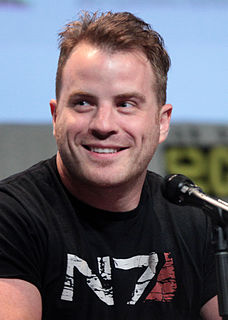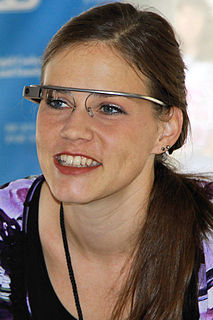A Quote by Jean Francois Paul de Gondi
Timorous minds are much more inclined to deliberate than to resolve.
Related Quotes
Certainly, I am writing as a 21st-century woman, so I am much more inclined to view her as a three-dimensional woman. I think we keep coming up with this stubborn problem of a woman being judged by her appearance rather than her accomplishments. We are much more inclined to ask: was Cleopatra beautiful?
In some ways I spend longer at non-fiction because there are a lot of different threads to bring together. But non-fiction is more reflective than immersive. The problem with fiction sometimes is that you have to leave the real world to enter the fictional one. And that takes so much, goes into your head for so long?.?.?.?I don't know, I just feel less inclined toward that these days, and more inclined to remain in my own life. I do like really good fiction, but it's getting harder to hold my attention in a novel.
What's been important in my understanding of myself and others is the fact that each one of us is so much more than any one thing. A sick child is much more than his or her sickness. A person with a disability is much, much more than a handicap. A pediatrician is more than a medical doctor. You're MUCH more than your job description or your age or your income or your output.
Turn in upon yourselves, get into your closets, and now resolve to dwell there. You have been strangers to this work too long; you have kept other vineyards too long; you have trifled about the borders of religion too long. Will you now resolve to look better to your hearts? Will you hate and come out of the crowds of business and clamors of the world and retire yourselves more than you have done? Oh, that this day you would resolve upon it!
Inclined to peace by his temper and situation, it was easy for [Augustus] to discover that Rome, in her present exalted situation, had much less to hope than to fear from the chance of arms; and that, in the prosecution of remote wars, the undertaking became every day more difficult, the event more doubtful, and the possession more precarious and less beneficial.






































